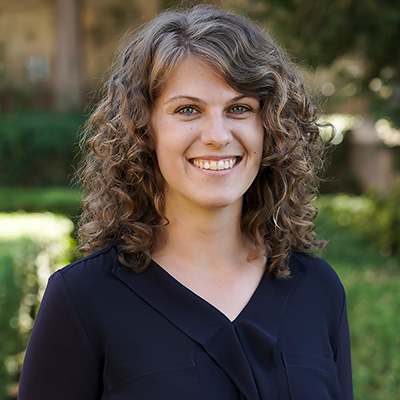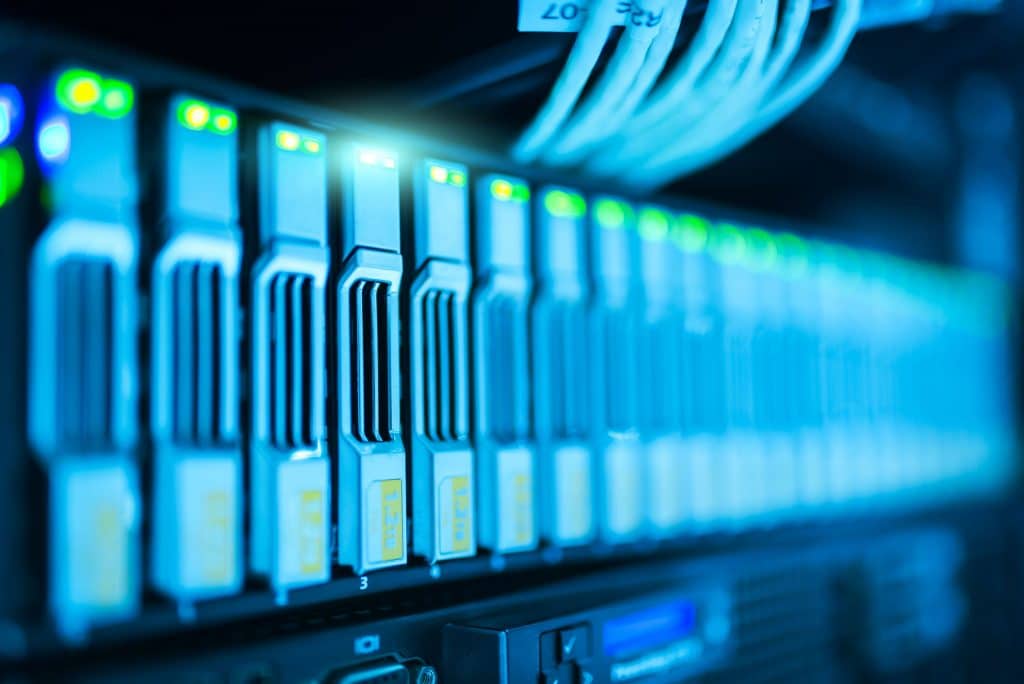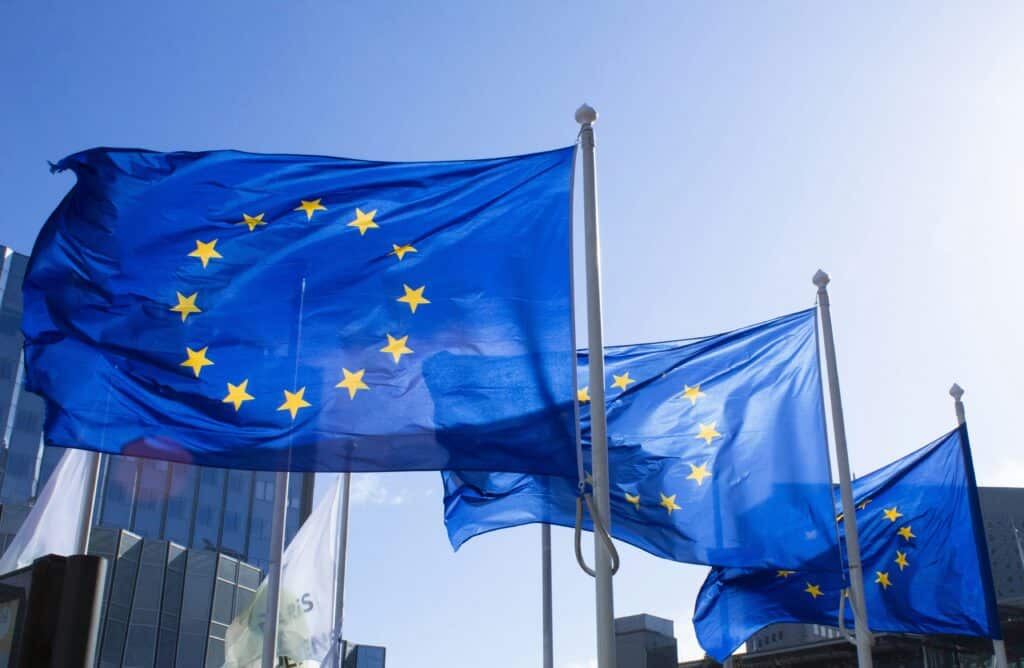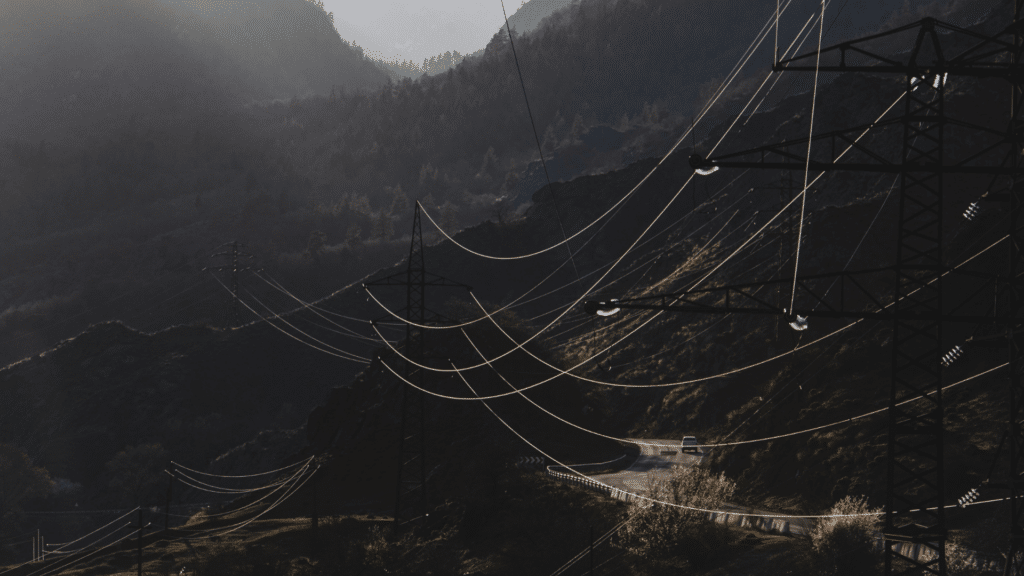Interoperability of energy services in Europe – what’s behind it?
You have heard of Articles 23 and 24 of the recast of the Electricity Directive (EU) 2019/944 but do not know what all the fuss is about? Let’s explore it together.
Defining interoperability
Many different definitions of interoperability exist that can differ from one sector to another. Generally, we can differentiate between a narrow and a broad understanding of interoperability.
A narrow (and more technical) understanding only refers to interoperability among information and communication technology (ICT) systems. In this context, interoperability is the ability of two or more devices from the same vendor, or different vendors, to exchange information and to use that information for correct co-operation. A broad definition of interoperability involves more than ICT systems. From this perspective, interoperability of ICT systems is rather the means to the end of enabling organisations to work together more efficiently and effectively. As expressed in the Refined eHealth European Interoperability Framework, broad interoperability addresses not only the organisation of (technical) interoperability but also the interoperability of organisations.
https://twitter.com/FSR_Energy/status/1272553004064014341
Why do we even talk about interoperability?
The short answer is because of the recent EU legislation. The recast of the Electricity Directive (EU) 2019/944 in the Clean Energy Package enables the European Commission in Article 24(2) to adopt implementing acts specifying interoperability requirements and non-discriminatory and transparent procedures for access to data. Which data? According to Article 23(1) of the same directive, “data” is understood to include metering and consumption data as well as data required for customer switching, demand response and other services. Ultimately, this shall serve to facilitate the full interoperability of energy services within the Union (Art. 24(1)).
So, we are talking about energy consumer data (and by the way, interoperability is important for both electricity and gas data). But wait – haven’t DSOs and suppliers been exchanging and managing consumer data for a long time? What is new?
The long, more detailed answer is that, yes, traditional retail processes (e.g. billing, change of supplier, customer moving, settlement, cancellation of a contract) have been implemented in most Member States for many years. To fulfil their obligations, DSOs and some other players like suppliers need access to basic metering and network data with the right granularity for the respective process.
More recently, ambitions of the European Commission to empower consumers to take ownership of the energy transition and to provide them with the tools to participate more in the energy markets, have led to consumers being granted new rights to access their own energy data and share it with third parties based on consent. Next to commercial services based on data sharing, we also see other services emerging, for example in the area of demand-side flexibility.
Both traditional retail processes and emerging services require data and information to be accessed by relevant eligible parties and exchanged among a multitude of actors, networks, systems, devices, applications and components. A major challenge is that all of this is not being set up from scratch. Instead, we are facing a juxtaposition of existing and new systems that need to work together and exchange data and information to enable existing, emerging and future energy services.
How do we get there?
Reaching and maintaining interoperability is a complex task that requires agreements to be made on many different levels and will only be successful if all relevant stakeholders are involved.
Particularly challenging is the fact that the different types of actors that are involved in this debate typically use different vocabulary. It is common for example, that policymakers and regulators involved in the policy and regulatory aspects of interoperability use a different jargon from system engineers and software developers that are involved in the technical discussions. Hence, a first – and fundamental – step to reaching interoperability is for all the parties involved to agree on terms and definitions in order to reach a “common language” and therefore a common basis for understanding.
Besides that, the path towards interoperability often includes, but is not limited to:
- The alignment of policy and/or regulation on different levels (e.g. European, national, local);
- The allocation of responsibilities to harmonised roles instead of specific parties to avoid lock-in effects (e.g. one specific party capturing one service, task, or function) and to allow for flexibility regarding implementations and future requirements;
- The alignment of business processes in an agreed way using common modelling techniques;
- An agreement on processes and methodologies to make sure that the format and the precise meaning of exchanged data and information is preserved and understood throughout the exchange process;
- An agreement on a set of standards that are needed to address well-defined use cases;
- A framework for testing (and potentially certifying) interoperable solutions.
As abstract as these steps may sound, they are bound to have meaningful implications for the energy sector. If you are in search of further proof of this, take a look at this example covering the provision of residential demand response in a report by the GridWise Architecture Council (pp.40-46). You can also watch this one-minute video by the European Joint Research Centre.
What’s next on the European interoperability agenda in energy?
At the latest European Electricity Regulatory Forum (“Florence Forum”) in June 2019, the European Commission presented interoperability as one of three legislative priorities based on the empowerments in the Clean Energy Package.
Preparatory work for the implementing acts following Article 24(2) of Directive (EU) 2019/944 is already ongoing, for which the European Commission is seeking assistance from DSOs, TSOs and many other stakeholders. The European Smart Grids Task Force and its expert groups have a major role to play in the drafting of the new acts.
It seems likely that there will be multiple implementing acts addressing different types of services, for example, traditional retail services, emerging services based on data sharing, and emerging services related to demand-side flexibility. At this point, it is not clear, however, what “interoperability requirements” could look like, nor what “full interoperability of energy services” really means. The final number of acts and their scopes remain an open issue, as does the level of ambition that the acts will have.
__
Interested in knowing more? Please register for our upcoming online debate on 1 July from 4-5 PM CEST – “Facilitating interoperability of energy services in Europe – (what) can we learn from existing experience?”
__
This post is based on our draft policy brief on interoperability that you can download and comment on. Your feedback will be fed into the online debate and a later publication. This post is part of FSR commitment to share the progress of our research with our audience (explore our Research Bites here).






